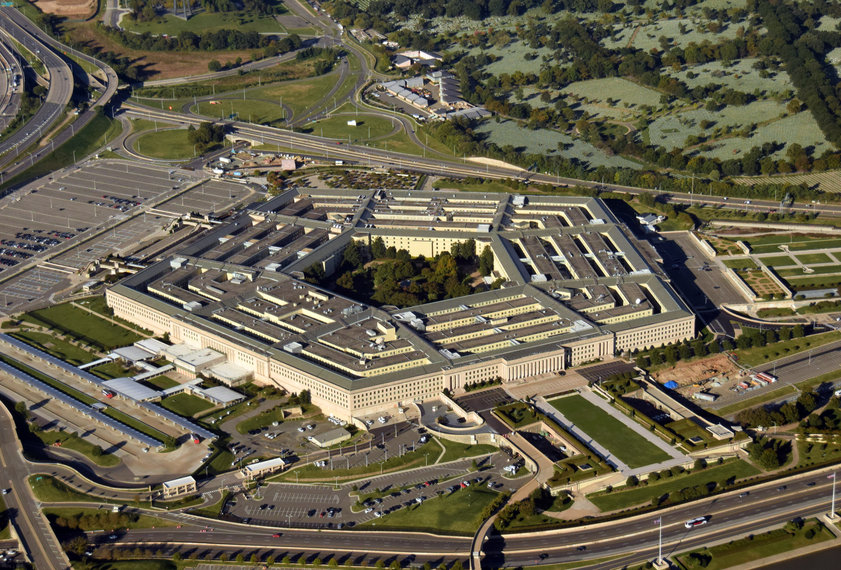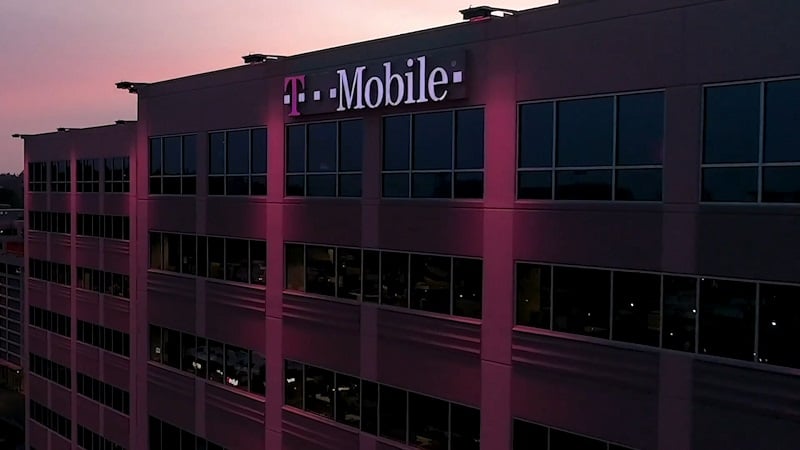The Verizon, DoD Pentagon project involves converting more than 52,000 voice lines to an integrated IP environment with optimized voice and video services.
Verizon Public Sector will provide the US Department of Defense (DoD) with network modernization services and technical support at the Pentagon, the DoD National Capital Region (NCR) and Fort Belvoir in Enterprise Infrastructure Solutions (EIS) task orders worth 966.5 million.
“The US Dept. of Defense is at the forefront of technology modernization, and we are proud that Verizon has been selected to grow our existing partnership and continue to serve as its digital transformation partner, ”said Maggie Hallbach, senior vice president, Public Sector at Verizon in a. press release. “Building on 5G and other professional services awards Verizon secured in 2021, our team of professional and managed services experts are in lock step with DoD’s strategic priorities and we stand ready to help adapt their leadership to the increasingly sophisticated requirements and growing network infrastructure demands. ”
Verizon will provide communications technology infrastructure including core voice, transport, internet and managed services at Fort Belvoir as outlined in a $ 18.3 million task order, while in another $ 515.3 million task order, the operator will help transition the entire Pentagon military and civilian population from copper-based telephony to advanced internet protocol (IP) -based services. The partnership at the Pentagon involves converting more than 52,000 voice lines to an integrated IP environment with optimized voice and video services.
Verizon will also deliver core voice, transport, internet and professional services to over 370 locations within the DOD-NCR, which leads an interagency group responsible for the homeland security and defense of the Washington, DC area and surrounding counties.
Verizon has previously worked with the DoD on several occasions, including on the installation of 5G millimeter wave (mmWave) infrastructure at seven Air Force Reserve Command (AFRC) locations and on a 495 million research project designed to deliver high-bandwidth, low-latency. , Layer 2 wide area network services in support of critical research.











/cloudfront-us-east-2.images.arcpublishing.com/reuters/FNBTIK27UNPV7L4XHRE25FSBQM.jpg)

